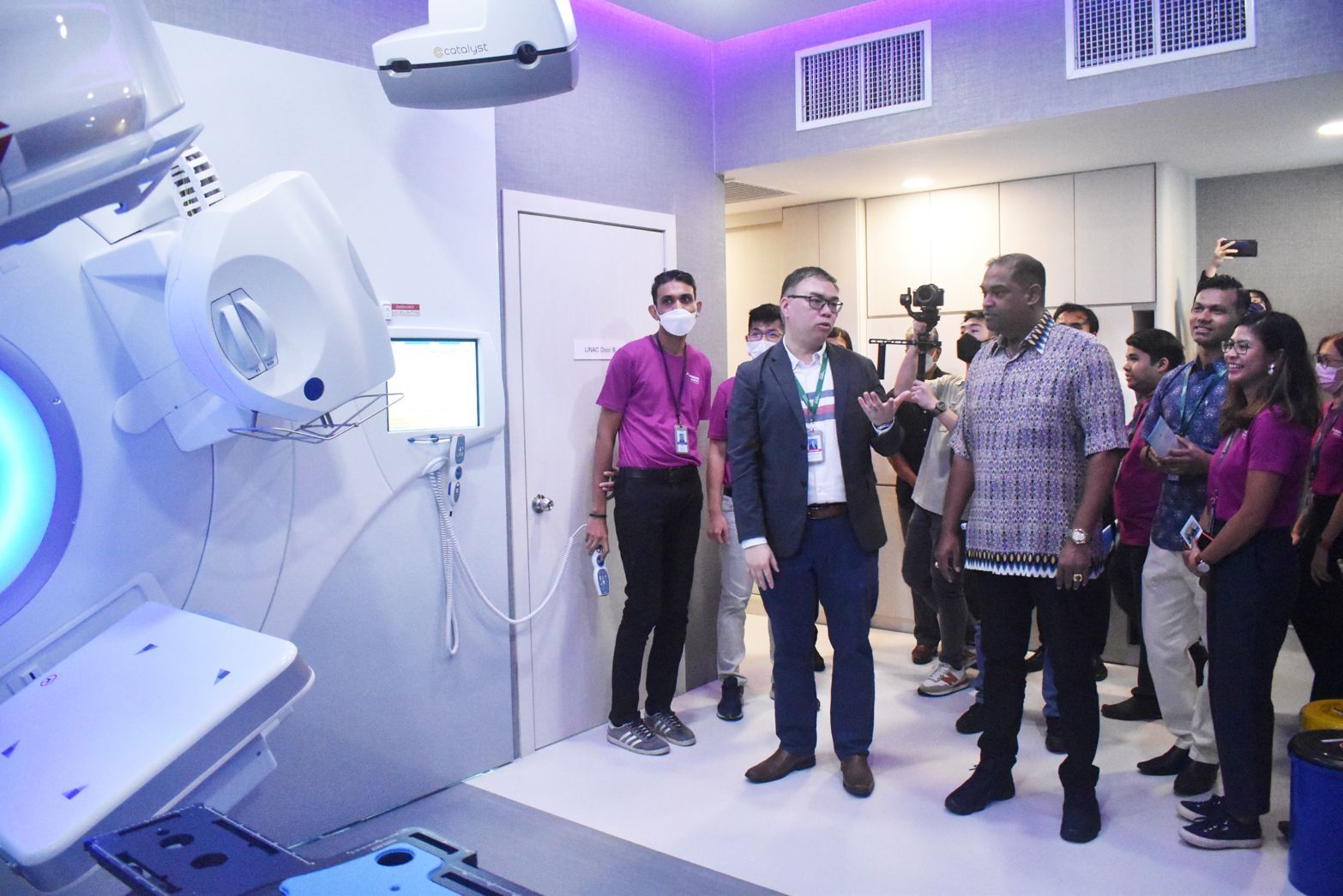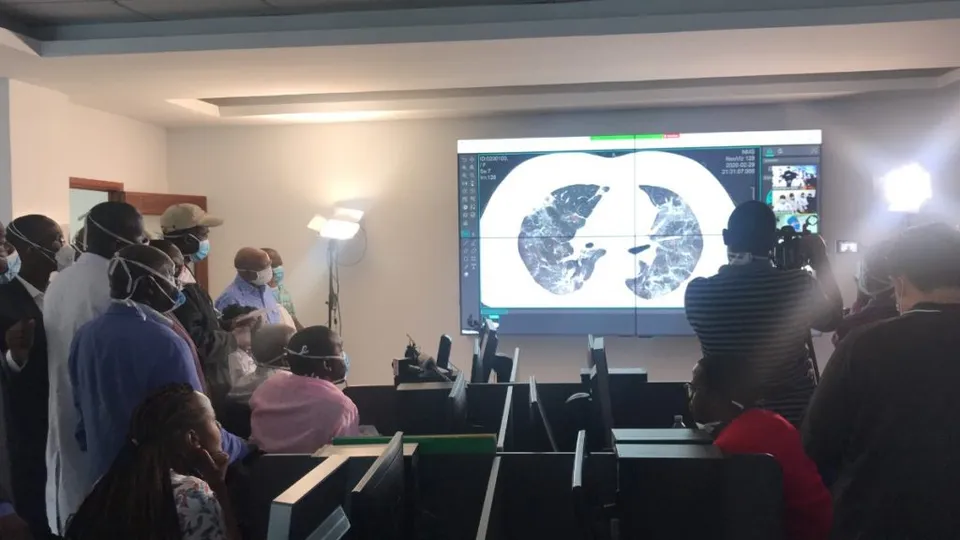The Emergence of Telemedicine: The Impact of Virtual Healthcare on the Medical Field and the Transformation of Healthcare in Africa

Over the past several years, telemedicine has become a revolutionary catalyst in the healthcare sector, providing patients and practitioners with a simple and effective means to obtain medical treatment at a distance. This novel methodology for healthcare provision is transforming the conventional doctor-patient interaction and broadening the availability of high-quality medical treatments, especially in economically disadvantaged areas such as Africa. Telemedicine has the potential to completely transform Africa’s medical environment and improve health outcomes for millions of people across the continent by utilizing technology to connect patients with healthcare professionals.
Telemedicine, or telehealth, refers to a wide array of healthcare treatments provided from a distance using telecommunications technology. This includes virtual consultations, remote monitoring, electronic health records, and wellness applications for mobile devices. Advancements in digital technology, the widespread availability of high-speed internet, and the increasing need for simple and cost-effective healthcare solutions have all contributed to the growth of telemedicine.
An inherent advantage of telemedicine is its capacity to surmount geographical obstacles and establish connections between patients and healthcare professionals irrespective of their geographical location. In Africa, where extensive geographical distances, infrastructural difficulties, and a scarcity of medical personnel typically restrict access to healthcare services, telemedicine provides a crucial support system for marginalized populations. By facilitating remote consultations between patients and doctors through video calls, phone conversations, or messaging platforms, telemedicine obviates the necessity for travel and enables individuals to obtain prompt medical guidance and treatment from the convenience of their residences.
Moreover, telemedicine has the potential to enhance healthcare outcomes in Africa by enabling prompt diagnosis and intervention, minimizing avoidable hospital visits, and fostering continuity of treatment. The utilization of remote monitoring devices and wearable technologies enables healthcare personnel to monitor the vital signs of patients, effectively manage chronic diseases, and take preventive measures to avert potential consequences. This proactive healthcare strategy can effectively alleviate the strain on overwhelmed healthcare systems, improve patient outcomes, and decrease total healthcare expenditures.

Furthermore, telemedicine can improve the availability of specialist medical treatment in remote regions where certain medical specialties may be limited. Through the connection of local healthcare practitioners with experts situated in other locations, telemedicine facilitates the provision of specialized medical advice and treatment to patients, eliminating the need for extensive travel or substantial financial requirements. The adopted collaborative approach to healthcare not only leads to better patient outcomes but also facilitates the professional growth of local healthcare practitioners by promoting the exchange of knowledge and transfer of skills.
Moreover, telemedicine can have a pivotal function in tackling public health issues in Africa, including infectious illnesses, maternity and child health, and non-communicable diseases. Healthcare practitioners can effectively provide health education, preventative care, and disease management programs to a broader demographic by utilizing telemedicine platforms. This enables them to enhance knowledge regarding health concerns and encourage participants to assume responsibility for their own health. This proactive strategy in public health can effectively mitigate the impact of diseases, enhance health literacy, and encourage the adoption of healthy habits among populations.
Notwithstanding its many advantages, the extensive implementation of telemedicine in Africa encounters significant obstacles, such as restricted internet access, insufficient infrastructure, governmental impediments, and cultural stigmas. To fully harness the capabilities of telemedicine in Africa, it is imperative for stakeholders to collaborate in order to tackle these obstacles and provide a conducive atmosphere for digital health innovation. This includes allocating resources towards digital infrastructure, providing training to healthcare practitioners in telemedicine technology, formulating regulatory frameworks to oversee telemedicine activities, and raising awareness about the benefits of virtual healthcare through patient and policymaker education.
To summarize, the emergence of telemedicine is revolutionizing the medical field in Africa and presenting fresh prospects to enhance healthcare availability, quality, and results throughout the continent. Telemedicine is transforming healthcare delivery by utilizing technology to link patients with healthcare professionals, enabling individuals to take responsibility for their health. The ongoing adoption of digital health technologies in Africa presents telemedicine with the capacity to fundamentally change healthcare provision, enhance the availability of high-quality medical treatments, and improve the lives of millions of people.










